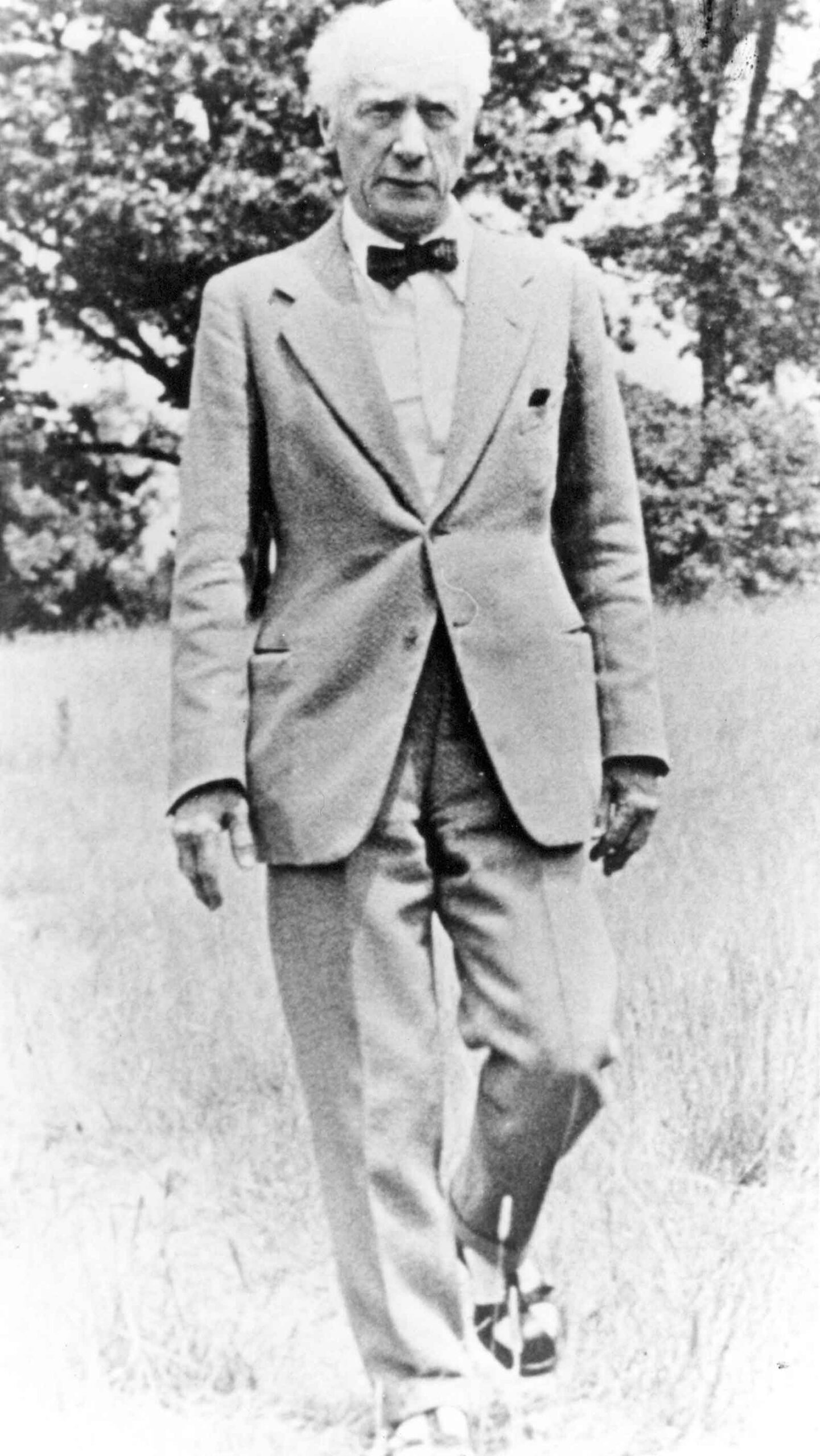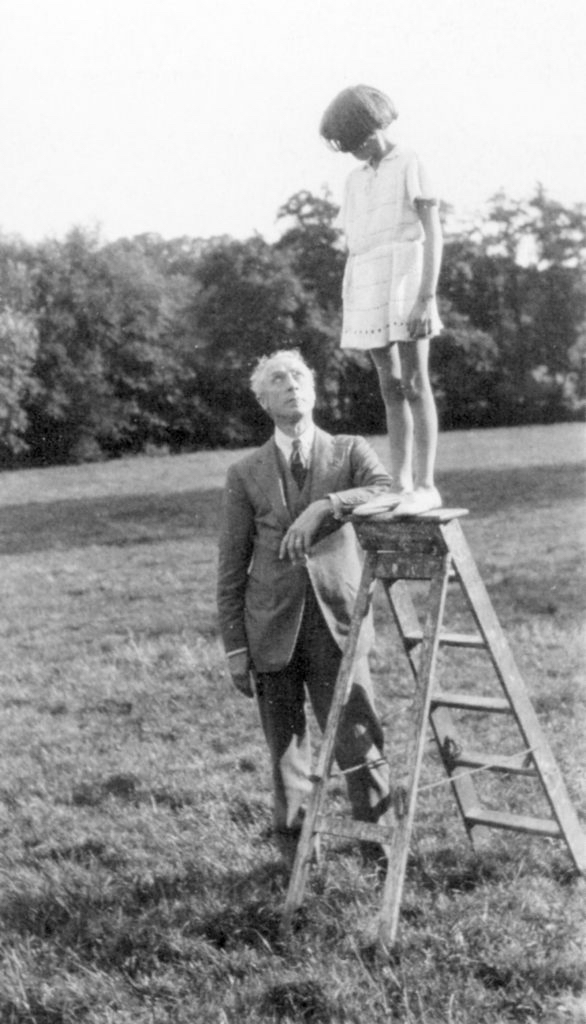Who Was
F.M. Alexander?
He sought help from the medical profession, but to no avail. Convinced then that the source of his voice problem must lay in the way he thought about and used his body, Alexander embarked on an intensive 10-year examination of himself in activity. A long period of meticulous observation and research revealed that the amount of effort and tension he was accustomed to exerting in any activity was inappropriate and in fact hampering his ability to function, thus working against himself. Exploring into this ‘misuse’ of himself, its causes and how to prevent it, led him to discover certain fundamental principles, which affect the mind/body co-ordination of the individual and are applicable to every kind of mental and physical activity.
This knowledge enabled him to cure his own voice problem, and simultaneously improve both his breathing and stage presence. Others recognised the significance of his discoveries, and started to come to him for help. From about 1894, he was teaching in Melbourne, and later on in Sydney, when his methods of vocal and respiratory re-education became the main focus of his life. A number of doctors started to refer their patients to him and in 1904, with letters of recommendation from an eminent surgeon in Sydney, he brought his Technique to England, building up a thriving practice in London and later, together with his brother A.R. Alexander, in the USA.


He had many influential supporters among whom were Sir Henry Irving, George Bernard Shaw, Aldous Huxley and Sir Stafford Cripps. Many doctors, including Peter MacDonald, who later became chairman of the BMA, were advocates of his work and sent patients to him. In 1939, a large group of physicians urged the British Medical Journal to include Alexander’s principles in medical training.
In the USA he met and gave lessons to the philosopher John Dewey, now considered the father of the American education system. Dewey demonstrated his support and enthusiasm for Alexander’s work by writing the prefaces to three of Alexander’s books.
A number of scientists endorsed his method, recognising that Alexander’s practical observations were consistent with scientific discoveries in neurology and physiology. The most eminent of these was Sir Charles Sherrington, acknowledged today as the father of modern neurology. Another Nobel Laureate, Nikolaas Tinbergen, who won the prize for “physiology or medicine” in 1973, dedicated a significant part of his Nobel acceptance lecture to the work of Alexander:
In 1931 he began training others in England and the USA to teach the Technique and continued both his private practice and training school until his death in 1955 at the age of 86.
Today, the several thousands of teachers worldwide confirm the magnitude of F.M. Alexander’s discoveries. In 1958, a number of his graduates founded the Society of Teachers of the Alexander Technique (STAT) in England, to preserve and continue the work according to the standards Alexander had set out. These standards are now maintained and regularly revised by an international cooperation of societies ATAS – Alexander Technique Afiliated Societies, which proposes international guidelines endorsed by the many societies around the world.
Alexander wrote four books on his method and they all remain in print today.
- Man’s Supreme Inheritance (1910, revised edition 1918)
- Constructive Conscious Control of the Individual (1923)
- The Use of the Self (1932)
- The Universal Constant in Living (1941)
